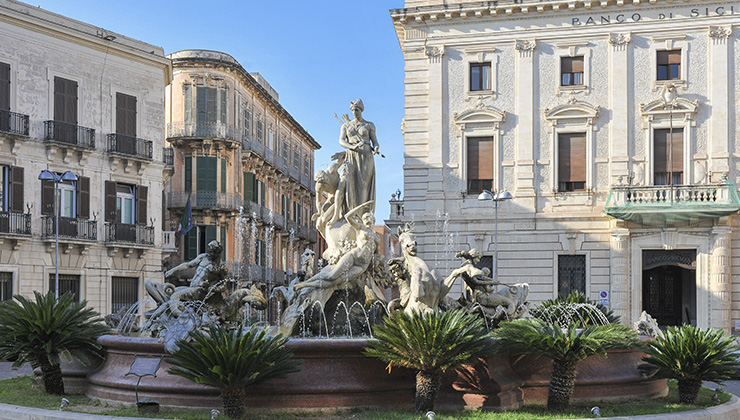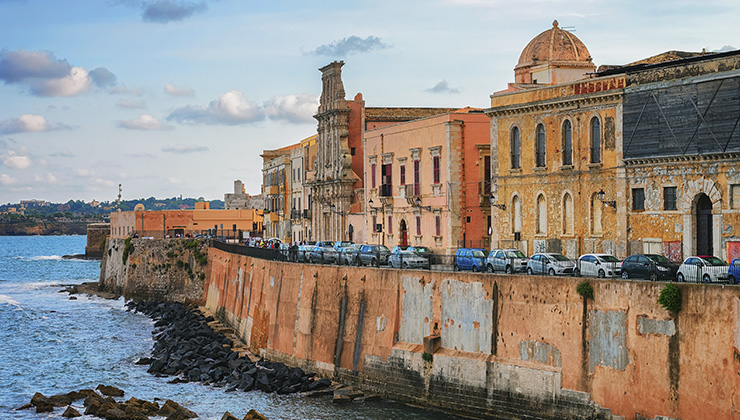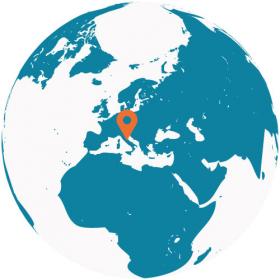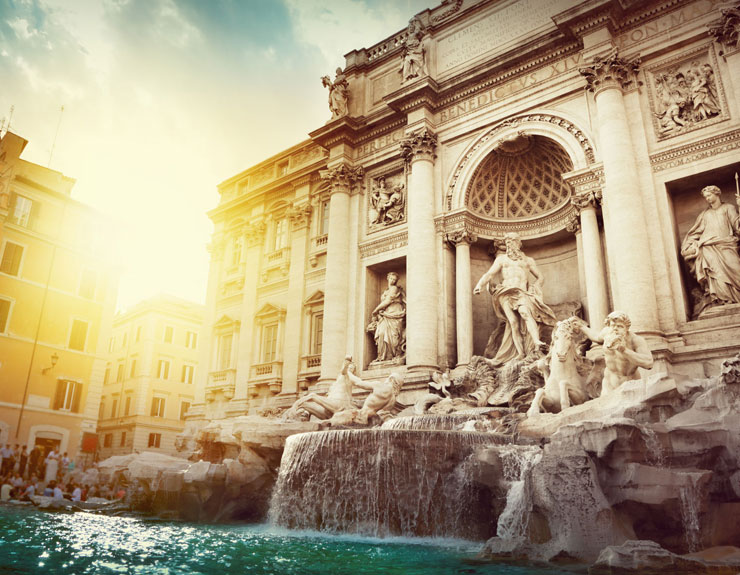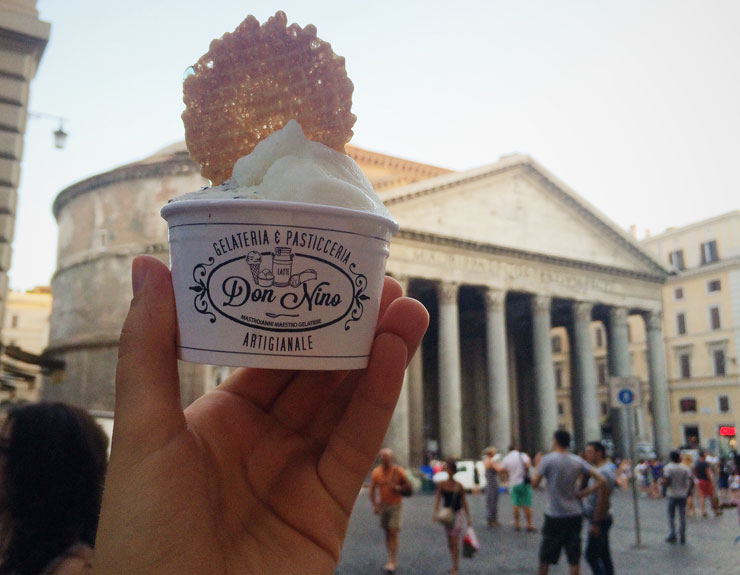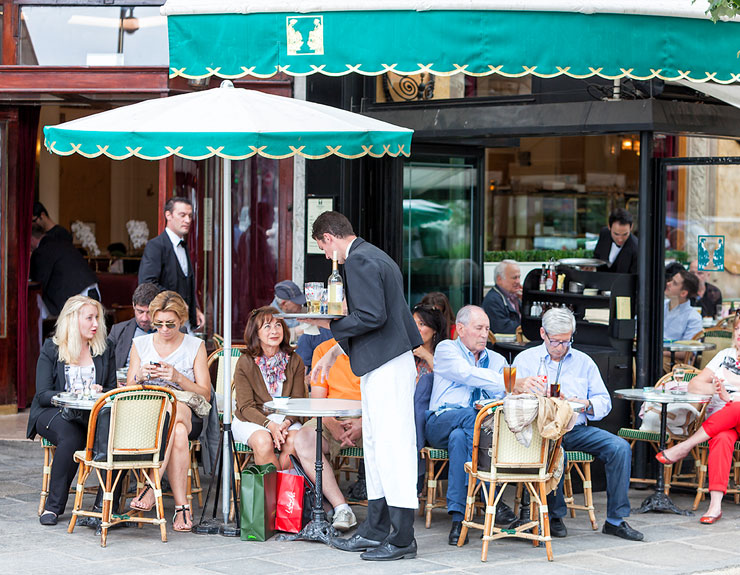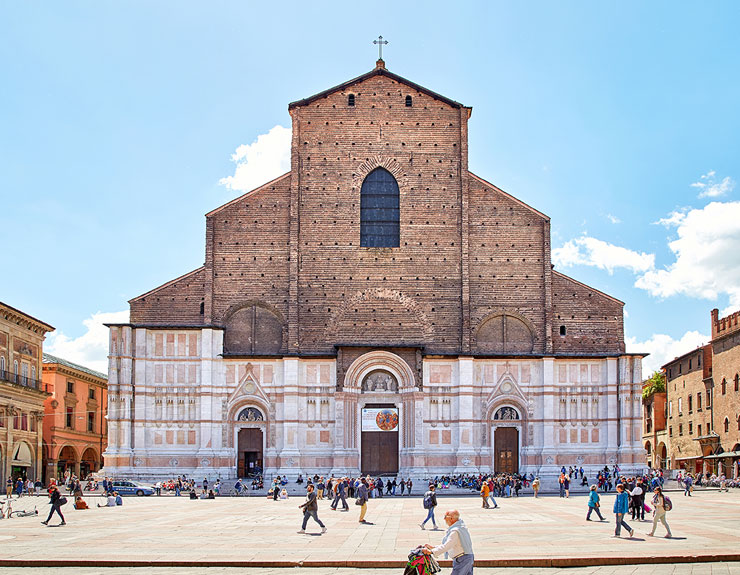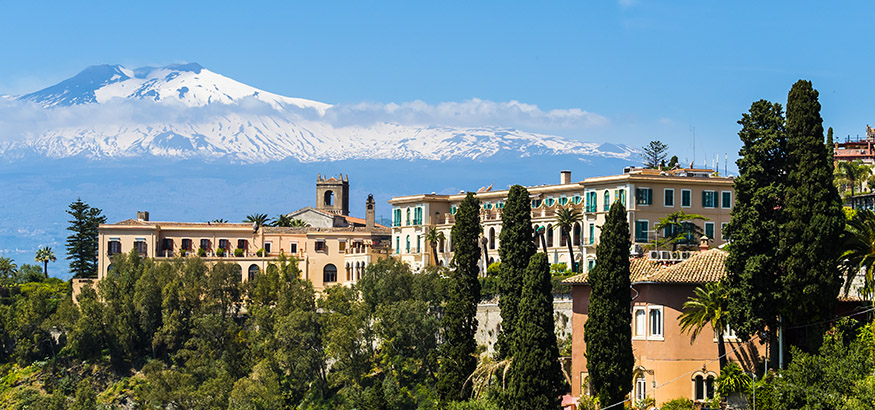
About The Program
Climb the volcano Mt. Etna to master field research techniques in geology on a Mediterranean island in southern Italy. Taught by researchers from the National Institute of Volcanology and Geophysics, the program focuses on gathering data on Mt. Etna, one of the most active volcanoes in the world, and the Aeolian Islands, a volcanic archipelago. Learn modern volcano monitoring techniques, practice field research methods, and present your findings at a symposium attended by geology experts. Sitting on the stone steps of the largest Greek theater in the world, you might see actors playing Agamemnon or Oedipus.
WHERE YOU'LL STUDY
Courses are held at the Sicily Center for Field Studies in a beautiful baroque-style palazzo in the heart of Syracuse's historic center on the island of Ortigia. The Palazzo Beneventano del Bosco, built in the 14th-century, comes with a significant history. It was the seat of local government when Italy was invaded by Spain. In 1798 it hosted English admiral Horatio Nelson and in 1806, Ferdinand I, King of the Two Sicilies. An epigraph above the main entrance reminds visitors about the building's illustrious heritage. Enclosing a charming courtyard paved with ornate cobblestones, the Palazzo is a perfect example of late baroque architecture in the historic Piazza Duomo. Walk inside and you'll find large light-filled studio spaces, a computer lab, modern classrooms, student and faculty lounge areas, and a desk for student services. You will find the surrounding district a rich and colorful tapestry of street markets, delightful cafés, and the majestic Temples of Apollo and Athena, constructed to celebrate the victory over Athens and used over the centuries as a place of worship by Greeks, Romans, Arabs, and Christians.
